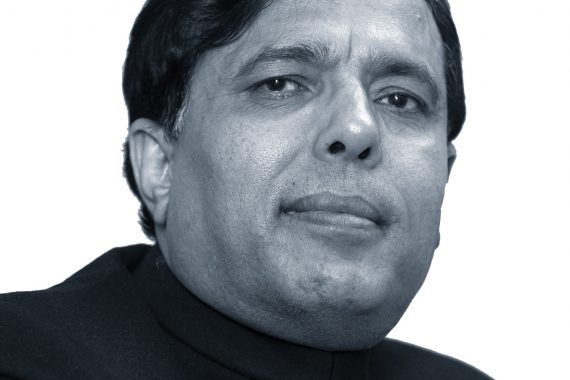At the Conservative Party conference, Boris Johnson made wild promises about new hospitals and investment in the NHS, as part of his pre-election grandstanding. Within a day, ‘40 new hospitals’ sunk to six, and it also transpired that they’re not all new. Anyone know where this money is coming from? I certainly don’t!
Back in 2010, David Cameron campaigned on a promise that the NHS was safe in his hands – and even signed a coalition pledge that the Government would never close an A&E or maternity ward, let alone a hospital. Yet in the last ten years, we’ve seen more than 100 walk-in centres close, despite being intended to take the pressure off hard-pressed A&Es and GP surgeries.
As a result, waiting times for GP appointments have increased manifolds, and most A&E departments aren’t meeting trusts’ targets of seeing patients within four hours.
The NHS has been starved of funding since the Tories came into power, and now has a £6bn maintenance backlog, with safety compromised and access rationed. Johnson will do no different. His piecemeal announcements are attempts to grab headlines that feign concern for the NHS, but trusting Boris with the health service is akin to trusting a vampire to safeguard the blood bank.
Besides the funding issues, a no-deal Brexit could stall investment in the NHS and worsen staffing shortages, of which the record highs are felt across the whole system. A continuation of these could lead to growing waiting lists, a deteriorating quality of care and some of the funding announced for the NHS’ frontline services risks going unspent.
Chronic staff shortages dramatically threaten the sustainability of the healthcare system. NHS trusts have nearly 100,000 vacancies, a number that increased by 60% between 2013 and 2015, with an estimated 10% of all medical posts currently vacant.
In addition, age profile is an important indicator of likely labour market behaviour and potential retirement patterns, adding to the challenge of ensuring the supply of qualified staff. The ageing profile of some parts of the NHS workforce – particularly GPs and nursing staff – poses a policy concern. For example, one in five GPs are aged 55+, while almost one in three qualified nurses, midwives and health visitors are 50+. Both of these occupational groups are facing likely significant growth in retirements over the next 5-10 years.
Staff’s goodwill is the only thing keeping the NHS going, but that goodwill is dangerously close to running dry
The problems facing the NHS will almost certainly be exacerbated by Brexit, and it’s worth remembering that social care employs almost as many people as the NHS – 1.6 million across the UK, of which approximately 90,000 are EU nationals.
The workforce shortage in health and social care being at an all-time high is due, in part, to the impacts of austerity, Brexit, rising workloads, worsening morale, the sector’s pay cap, and concerns around work-life balance, leading to healthcare professionals taking time out from training or leaving the NHS altogether.
The BMA has consistently highlighted the problem in the last decade, particularly in general practice and warning the Government to act, but so far, little or no strategy has emerged – just blatant electioneering by political parties.
Of course, the current medical crisis cannot be dealt with in isolation from other disciplines, but it’s vital that the Government addresses this, as well as the nursing recruitment and retention problem.
We need combination of ‘rights’ all working in sync – the right people using the right skills to deliver care in the right place at the right time.
This must take the shape of effective doctor-led multi-disciplinary teams that complement, support and enhance the work of existing doctors and staff. It will require multi-skilling the workforce, but doing this requires the critical numbers of doctors to up-skill and supervise those who will be required to undertake traditional medical duties.
If the NHS is to deliver a sustainable service into the future, there must be a serious focus on recruiting and retaining clinical staff.
With the NHS at breaking point and if the Government doesn’t get to grips with this workforce crisis, the NHS will struggle to attract and retain highly trained staff, making patient care suffer. Half-baked ideas of tackling this staffing crisis create a vicious circle, compound existing problems and prompt existing staff to leave in exodus.
Mr Johnson, the only things keeping the health service going are the goodwill and dedication of its staff, but, believe me, that goodwill is dangerously close to running dry.
Dr Kailash Chand OBE is a retired GP in Tameside

















